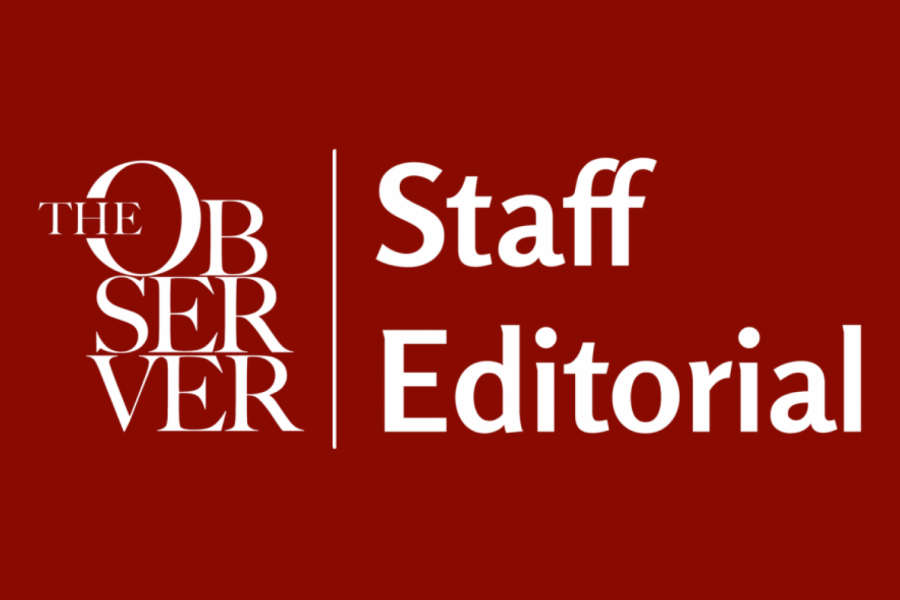Fordham Must Implement Accessible Options To COVID-19 Positive Students
Hybrid options or a more lenient absence policy would protect the community from COVID-19
January 31, 2022
In the past month, COVID-19 cases in New York City have been at an unprecedented high. Though they are declining, Fordham students began classes this year before the full extent of the university’s procedures were announced. COVID-19 testing was mandatory to return to campus, and we are expected to test again within the next three weeks.
The university is offering free KN95 masks this semester, but this availability isn’t readily advertised, and many students still wear cloth and surgical masks. Rather than having clear policies from the get-go, Fordham emphasizes student responsibility and ignores community demands for stricter guidelines.
Instead of allowing professors to develop their own absence policies, Fordham should have streamlined a system that gave students more leniency in terms of unexcused absences. By failing to do so, the university indirectly discourages testing and quarantining, possibly causing some students to feel pressured to attend classes even if they are not feeling well or have been exposed.
Students exposed to roommates who contract COVID-19 are not required to quarantine and do not get an excused absence. Those students then must make the decision to potentially expose their whole class, or take the unexcused absence and miss class. With the threat of repercussions from accumulating absences, many students may fear that their grades will suffer if they aren’t there in person.
The good news is that Fordham can still implement a different policy. In a rigorous academic setting, students who test positive for COVID-19 should either be able to attend class online or not be penalized for missing in-person meetings.
Going into the third year in a pandemic, the leniency associated with sick students has faded, but the community is still getting sick. The university must revisit how to handle these cases. Since students can test positive for the virus at any point during the semester, the class structure should be adjusted to support continued access to classes. A hybrid structure for symptomatic students to virtually attend class meetings through Zoom would help them avoid the consequences associated with missing classes for a prolonged period of time.
Getting a degree is hard enough: The last thing that students need to worry about is the added danger of COVID-positive students attending in-person classes.
If the administration believes that a hybrid option would interfere with the “transformative Fordham experience” outlined by University President Rev. Joseph M. McShane, S.J., a hybrid option is preferable to missing class entirely or running the risk of getting other students sick.
This is not an unpopular opinion. In a survey conducted between Jan. 16 and 27 by The Fordham Observer, only 11% of students supported a fully in-person semester. Many professors are already implementing aspects of a hybrid structure into their classes. By accommodating their students, they are treating them with the common-sense empathy that all students deserve. Getting a degree is hard enough: The last thing that students need to worry about is the added danger of COVID-positive students attending in-person classes.
It is fully possible to implement a hybrid option at Fordham. If the school could deliver a Jesuit education to all students through a virtual format for the 2020-21 academic year, then they can offer a temporary hybrid option for sick students.
In the past, Fordham made sure to emphasize that the university put the health and safety of our community first. So what has changed now?












